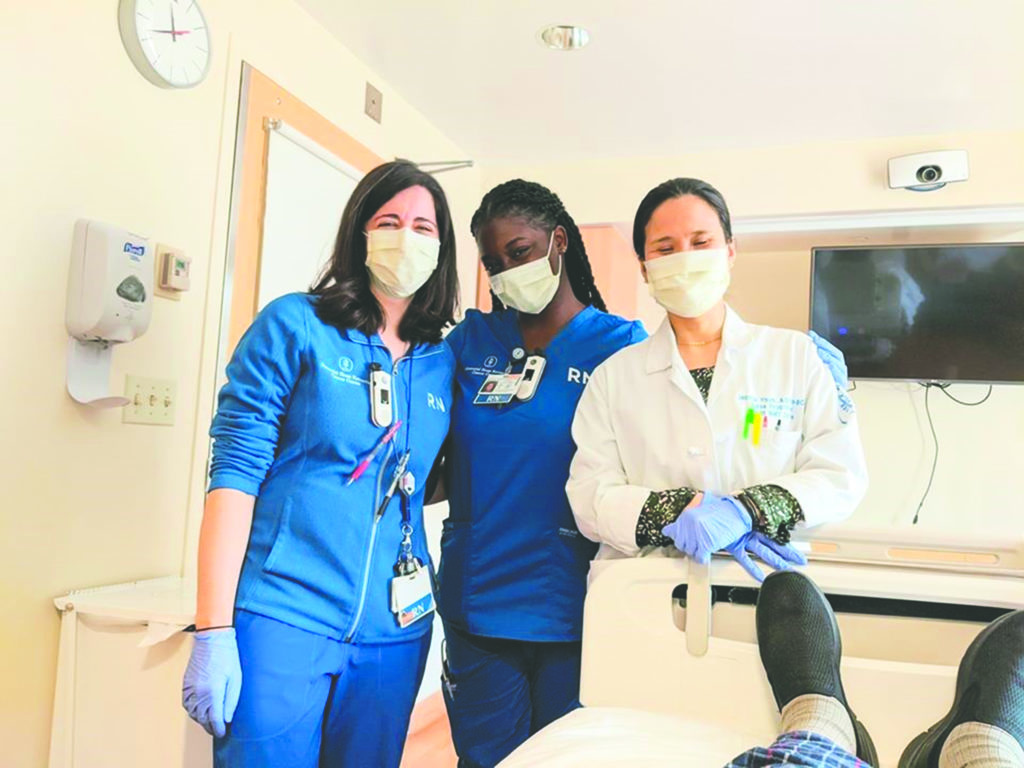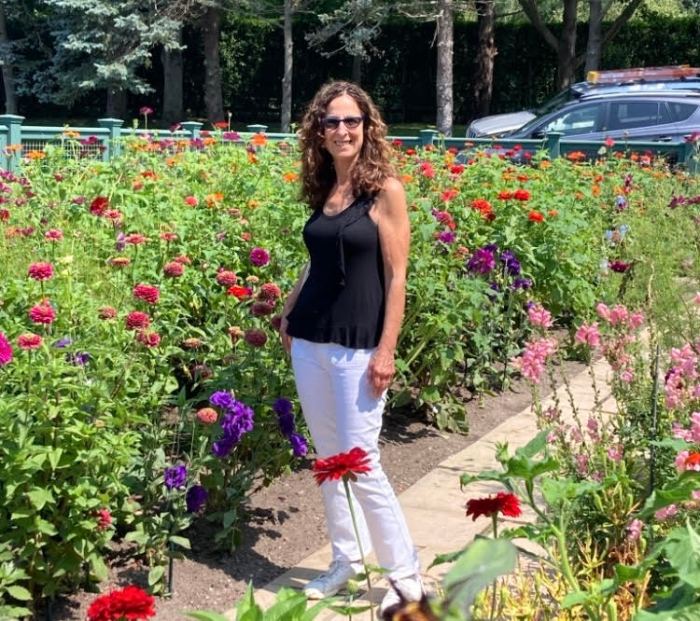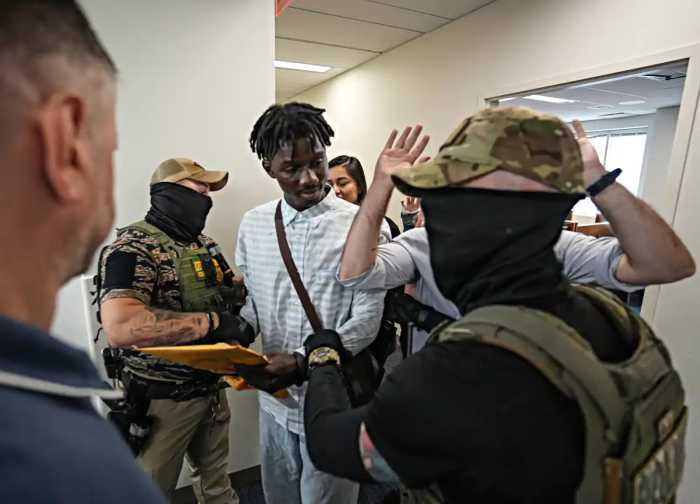 In my August 2019 column titled “Thank You,” I expressed my gratitude for the cancer researchers and practitioners who have been instrumental in getting me through the last 10 years of my life. As I explained, my cancer was responsive to treatment, but it was persistent and kept reemerging.
In my August 2019 column titled “Thank You,” I expressed my gratitude for the cancer researchers and practitioners who have been instrumental in getting me through the last 10 years of my life. As I explained, my cancer was responsive to treatment, but it was persistent and kept reemerging.
Since that piece was published, it was determined by my “team” that I was eligible for an allogeneic stem cell transplant, which meant getting someone else’s stem cells to help rebuild my immune system. Although this is a risky treatment, it does offer the possibility of a cure, which routine chemotherapy and immunotherapy do not, at least not for my type of blood cancer.
The team thought that given my age and overall good health and fitness, this was the best window within which to proceed. After considering all of the information with my family, I agreed.
The transplant was scheduled for December and required that the hospital find a non-related donor. I was fortunate enough that a stranger was discovered through the donor registry.
I spent three mostly difficult weeks in the hospital. The first phase was “conditioning,” in which I received high doses of chemotherapy and total body irradiation. Next came the transplant. The final and longest phase, which I am in now, is recovery. There is the risk of “graft versus host disease”– the possibility of the new cells not only attacking the cancer, but other organs in my body—which is part of what recovery aims to prevent.
Currently, I am vulnerable to many ailments and illnesses as I have the immune system of a newborn baby. It will become stronger over time, and eventually I will receive all of the childhood immunizations, which are now rendered useless.
This is all background that leads to what I really want to talk to you about: my experience with the personnel involved in the transplant.
The three nurses depicted in the photo, along with an attending physician (not pictured), presided over my stem cell transplant on Dec. 12, 2019, at Memorial Sloan Kettering Cancer Center in New York City. Some consider transplant day to be a new birthday. So now, I have two. I don’t know the identity of my donor, although there is a process in which I can communicate with that person to thank him or her directly if I so choose, in due time.
Obviously, as the photo reveals, the nurses are a diverse group. At the time of transplant, I asked them a little about themselves. Among the three nurses are a Muslim, Christian and Buddhist. The attending physician is Hindu. I am Jewish. There are racial and ethnic differences as well.
I teared when I said, “With all that is happening in the world, all of the hate, you represent the truth about the value of diversity.”
With their permission, I snapped this photo with my cell phone from my hospital bed. Amid the rampant and unrelenting stories of hate, this is a graphic reminder that diversity is our strength.
We cannot afford to squander it.
Andrew Malekoff is the executive director of North Shore Child and Family Guidance Center, which provides comprehensive mental health services for children from birth through 24 and their families. To find out more, visit www.northshorechildguidance.org.

































